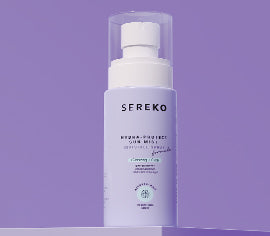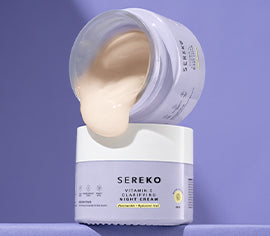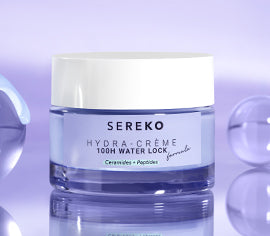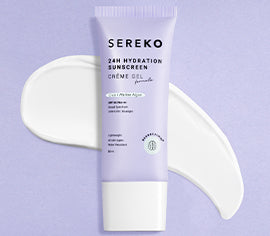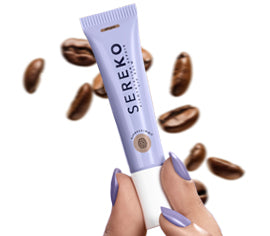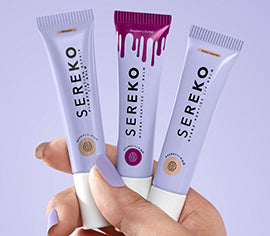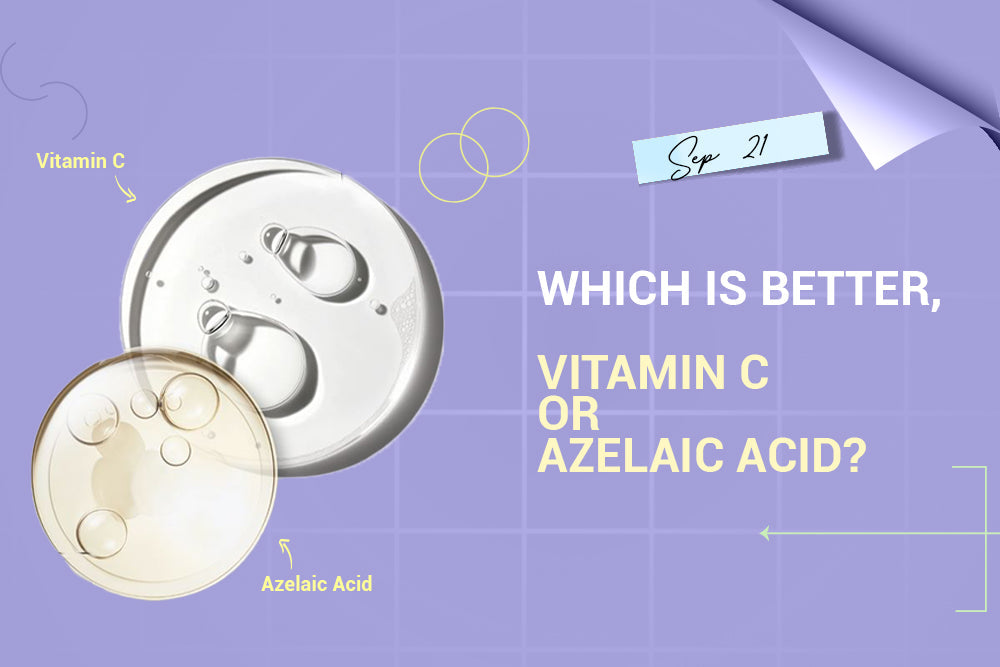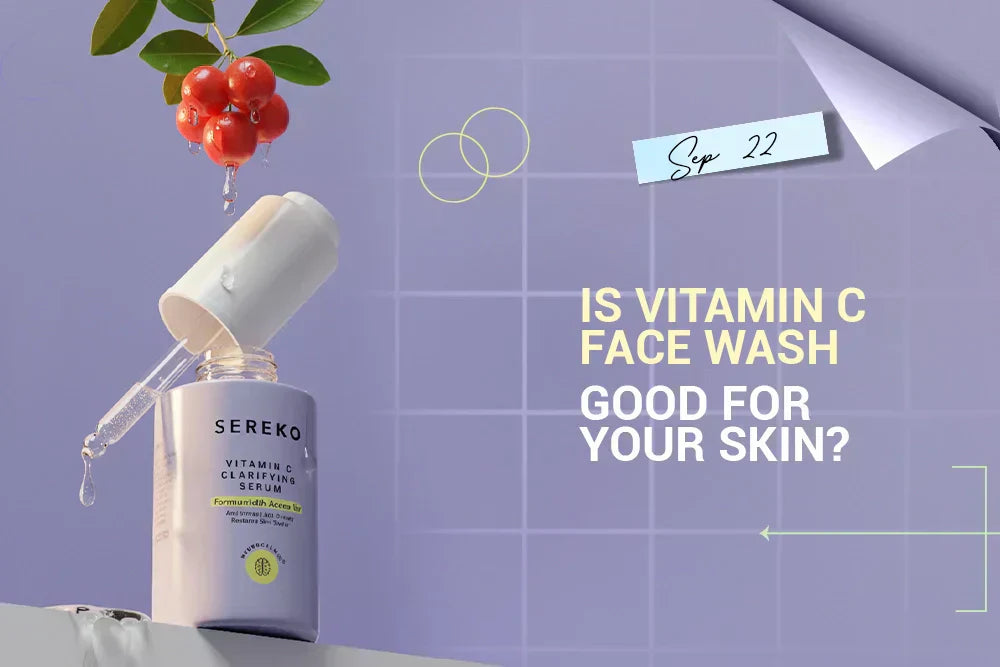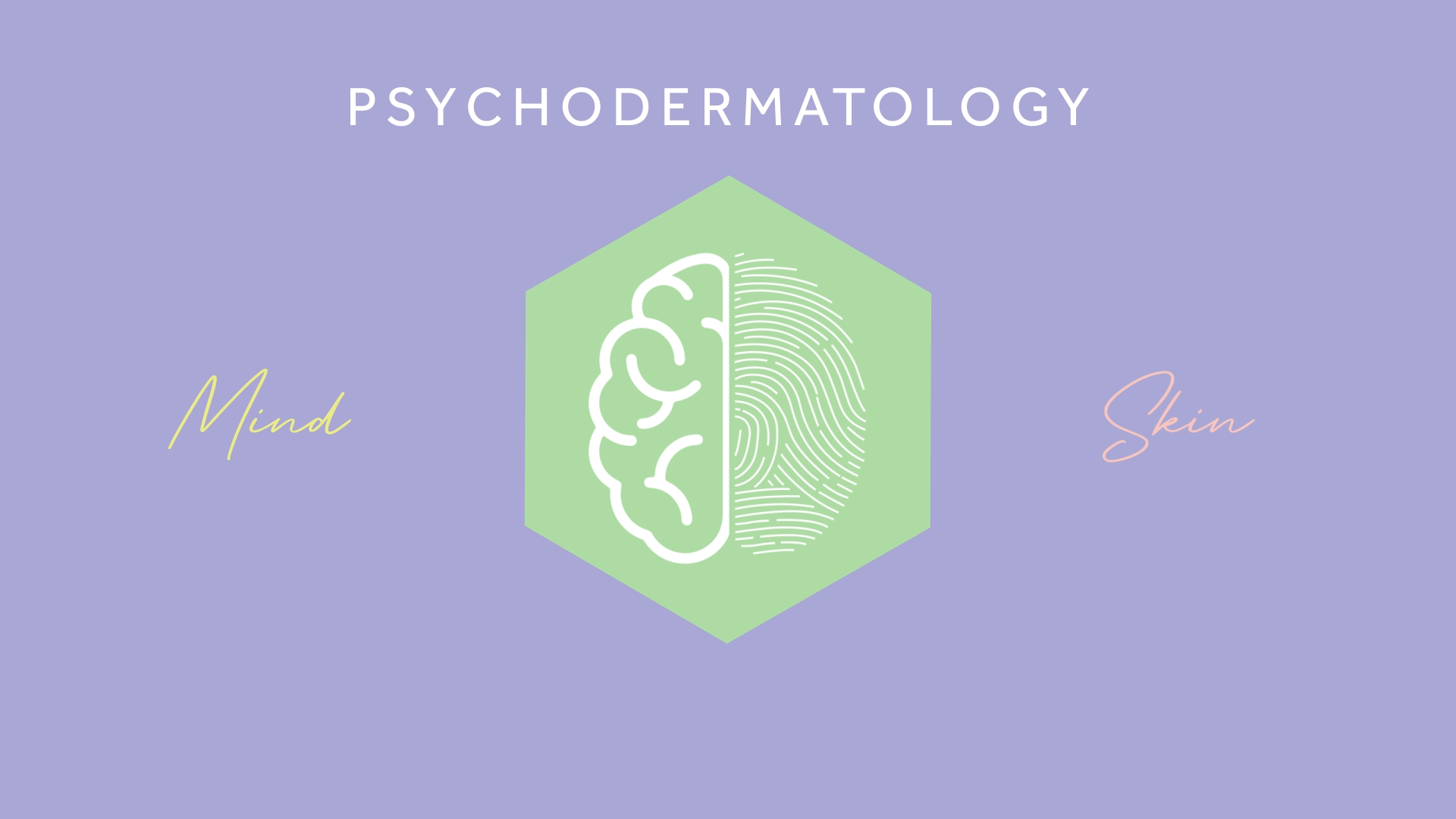Pigmentation is the most talked-about skin concern in the Indian skincare space—from exfoliants to mud masks and daily moisturisers, we do everything to target the skin problem. But in an industry buzzing with trendy ingredients and new holy grails declared every single day, how does one choose a staple? Vitamin C? Azelaic acid? Niacinamide? That is determined by how your skin is feeling.
Staying consistent with skincare is essential if you want to see results. In your quest to target pigmentation, you’ve probably run into this issue: out of all these brightening actives, which one is right for me?
Azelaic acid is a multitasking ingredient that is gentle on the skin and is widely considered effective in treating more reactive skin types like sensitive and acne-prone skin. It doesn’t have the gold-standard reputation of retinol or vitamin C, but consumers have more options than ever to explore skincare solutions that work best for their specific skin needs.
With the recent boom of K-beauty, especially with Anua’s azelaic acid finally launching in India, it’s the hot new buzzword in the skincare world. Notably, azelaic acid calms inflammation, targets acne-causing bacteria, and treats conditions like melasma
Vitamin C is widely considered a staple and always will have a place in the skincare hall of fame. It’s so well known for its skin-brightening properties and reputation as an antioxidant powerhouse that the word “brightening” has become synonymous with vitamin C.
What Does Azelaic Acid do?
Azelaic acid falls within a category of acids that is separate from alpha-hydroxy acids (AHAs) and beta-hydroxy acids (BHAs). It is a dicarboxylic acid that has powerful skin-calming effects. It helps improve redness, even out skin tone, and treat mild acne and dark spots. It targets pigmentation by inhibiting melanin production, the compound responsible for the dark patches that appear. It supports the skin’s ability to clear congestion, including reducing the buildup of dead skin cells.
Even though it has the word "acid" in its name, azelaic acid isn’t an exfoliating acid; it helps reduce inflammation, reduces sebum production, and is widely recommended to treat melasma and rosacea. This ingredient got so popular because it’s sensitive skin-friendly and effectively addressed stubborn issues like pigmentation on more reactive skin types. It’s an effective treatment for excess oil and can be found in a moderate solution in the Clear Corrective Serum, along with encapsulated salicylic acid to treat active acne and dark spots.

What Does Vitamin C do?
Vitamin C is a well-known antioxidant that’s widely used for skin brightening and boosting protection against sun damage. It is widely studied and proven to effectively combat skin dullness, pigmentation, and skin texture. It is a potent antioxidant that helps combat environmental damage, pollution, sun damage, etc, also known as oxidative stress.
Oxidative stress attacks the collagen in our skin, but antioxidants like Vitamin C neutralize the damage caused by these harmful components to protect the collagen reserves in your skin. Additionally, even though Vitamin C is not a substitute for SPF, it significantly decreases the impact of sun damage.
The Vitamin C Clarifying Serum contains Vitamin C derived from acerola cherry, a stable form that’s 50x more potent than other sources like lemons and oranges.

Which Ingredient is Better for Your Skin Type?
Pick Vitamin C, if:
-
Your primary skin concern is dullness, pigmentation and uneven skin tone
-
You have sustained a lot of sun damage or sunspots
-
Your skin issues are mainly tone and texture-specific
-
Your skin is not redness or inflammation-prone
Pick Azelaic Acid if:
-
You suffer from mild acne and are looking for gentle solutions
-
You have post-inflammatory hyperpigmentation (PIH) or post-inflammatory inflammation (PIE)—the dark spots and red marks that stay on your skin after acne
-
Your skin is prone to redness and/or rosacea
-
You have a sensitive or acne-prone skin type
Read More: What are the benefits of Salicylic Acid?
What to Avoid in a Routine With Azelaic Acid?
You should avoid using azelaic acid together with retinoids, benzoyl peroxide, and other strong AHAs (alpha hydroxy acids) and BHAs (beta hydroxy acids), like glycolic acid or salicylic acid. Avoiding physical exfoliants is also recommended to prevent irritation.
Can I Use Both Together?
Yes, it is possible to use azelaic acid and vitamin C in the same routine, but there are only two possible ways. One is if you choose a formula that combines both actives, the easiest way. Another is if you layer Vitamin C in the morning to protect your skin from environmental factors and sun damage, and use azelaic acid at night to target acne and pigmentation. Since both are relatively gentler actives compared to retinoids, it’s possible to layer them both.
Who Should Stay Away from Azelaic Acid?
Azelaic acid is a widely applicable, safe skin care ingredient and is tolerated well by most skin types. Adverse reactions and side effects to azelaic acid are uncommon, but as with any skin care ingredient, if you experience signs of irritation, stop using the product immediately.


